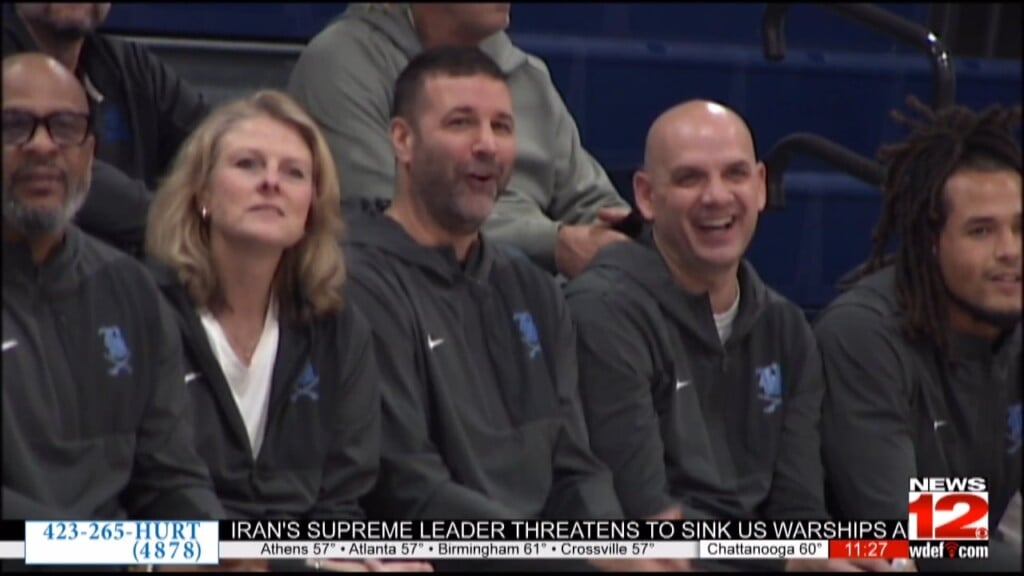While he agreed with keeping LSU and Mississippi State on the Rebels’ schedule each year, he said the inclusion of Oklahoma as an annual opponent was “disappointing” and “doesn’t make any sense — at all.”
“We don’t have anything in common with them or our fans,” said Kiffin, whose program will lose Vanderbilt as an annual fixture on its schedule. “That’s unfortunate with so many great teams that we’ve played for a long time here.”
Each team got three “annual opponents” during the next four seasons, and those could potentially change after 2029.
“Our league has made a business decision,” said Florida coach Billy Napier, who wasn’t yet born the last time the Gators did not play LSU.
Going forward, tailgate parties serving alligator around Death Valley will occur once every four years instead of every other year. Then again, whether that’s good or bad is arguably a matter of taste.
“Obviously, there’s pros and cons,” Napier said. “Some of those things are part of the evolution of the game, part of the evolution of our conference as we add teams to the mix.”
The SEC had the same 12 teams from 1991 until 2012, when Texas A&M and Missouri were added. In 2024, east and west divisions were done away with, and the league increased to 16 teams with the additions of Oklahoma and Texas.
Next year, the conference schedule increases from eight games to nine.
“I love the LSU rivalry game and certainly that’s been one fun one to play in,” Napier said. “We’ve got great history there, but there’s going to be change that comes with nine games, and I think our league has done a good job formatting that in a way where we’ll get exposure to each team.”
Some yearly fixtures might never go away: Alabama vs. Auburn in the Iron Bowl; Mississippi and Mississippi State in the Egg Bowl; Georgia vs. Florida in the World’s Largest Outdoor Cocktail Party; and the Deep South’s Oldest Rivalry between Georgia and Auburn are some examples.
The Red River Rivalry also will remain an annual game, as will the renewed Lone Star Showdown between the Longhorns and Aggies.
“Rivalries matter. It’s a part of the tradition of this game — fan bases pointing to those football games,” Tennessee coach Josh Heupel said. “It’s been important for (the league) to try and protect some of those special games for universities and their fan bases.”
But Tennessee will be losing a popular annual matchup against neighboring Georgia that has gone uninterrupted since 1992.
“There’s probably some people that are upset” about that, Georgia coach Kirby Smart said. “It’s a border rivalry.
“It’s hard to keep all the traditional rivalries,” Smart added. “You can only do so many.”
In information distributed among media this week, the SEC stated that while it factored in geography and sought to maintain traditional rivalry games, other aims included increasing the frequency with which teams play all other league schools and promoting competitive balance in a way that might maximize all SEC teams’ chances to qualify for the 12-team College Football Playoff.
“They looked at every possible scenario,” Kelly said, “to come up with equity and fairness.”
___
Get poll alerts and updates on the AP Top 25 throughout the season. Sign up here and here (AP News mobile app). AP college football: https://apnews.com/hub/ap-top-25-college-football-poll and https://apnews.com/hub/college-football




